Table of Contents
Strategies for Reducing Debt Faster
Debt can sometimes feel like an insurmountable wall, often overwhelming and psychological. The good thing is with a solid plan in place, you will have your situation under control and settle debts faster than you think. Paying off debt needs a lot of commitment and discipline with the right strategy for you to stay in shape. Be they credit cards, student loans, or personal loans; applying effective strategies could quickly make you free from debt.
This article elaborates on 10 simple yet practical ways through which you can accomplish faster debt reduction before finally achieving financial freedom and peace of mind with these Strategies for Reducing Debt Faster.
Create a Comprehensive List of All Your Debts
Reduction of debt is the beginning-of-the-end stages, where the first stage is properly counting what you owe. It includes the construction of a list of all your debts and amounts owed by type of debt such as:
- Type of Debt: Credit Cards – Student Loans – Car Loans – Personal Loans, etc.
- Outstanding Balance Amount: Total dollars owed under each debt.
- Interest Rate: Interest rate associated with that debt.
- Minimum Payment: Amount minimum required for every month.
With this full list, you can visualize your entire financial situation, enabling you to systematically plan which debt reduction strategies to employ.
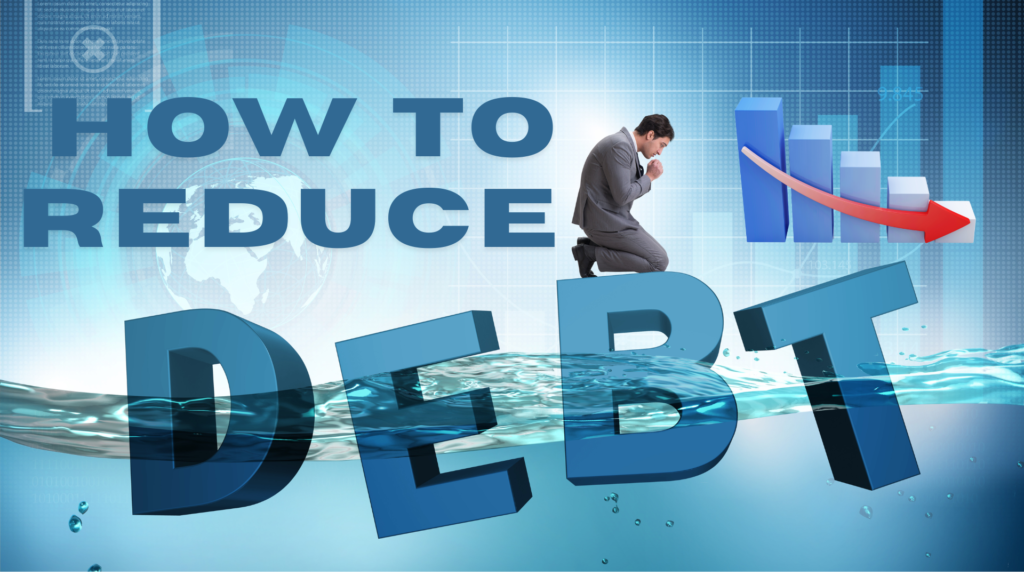
Prioritize High-Interest Debt (The Avalanche Method)
The best technique to eliminate debts very quickly is by putting more pressure on the high-interest debts first; this is called the Avalanche Method. Here it is as follows:
- Step 1: Make minimum payments on all your debts except one with the highest interest present.
- Step 2: Use whatever surplus amount will be available in the coming months to pay this debt until it is gone.
- Step 3: When that debt is eliminated, move on to the second highest-interest debt and repeat the same process.
Since high-interest debt will cost you more money in the long run, paying off these balances will also save you money on interest and hasten the overall debt repayment process.
Try the Snowball Method for Motivation
If the Avalanche Method is a bit too much for you, try the Snowball Method instead. It starts with smaller debt repayments and keeps rolling up the cost of debt. Here’s the way the Snowball Method works:
- Step 1: Order all your debts from smallest to largest, without looking at the interest rate at all.
- Step 2: Make the minimum payment on all your debts except your smallest one.
- Step 3: Pay any extra money towards the smallest debt in this case until paid off.
- Step 4: When the smallest is done, take what you would have put into that one debt and move to the next one.
In short, this method gives you all the motivation for quick wins as you knock down small debts. You can be driven to larger balances with the momentum gained.
Consolidate Your Debts
Debt consolidation is a handy device that helps in reducing multiple debts into one loan, such aggregate loans become a more manageable one. Debt consolidation allows for:
- Consolidating high-interest debts into one with lower interest rates: It makes it possible to reduce in totality the amounts of interest one is going to pay on it, as well as lower the monthly payment associated with it.
- Simplify your finances: Having, therefore, one single payment to take care of and not more than one for your debts: simplifies your finances.
Types of debt consolidation personal loans, balance transfer credit cards, and home equity loans. Do compare interest rates, terms, and fees before going with any debt consolidation option.
Negotiate Lower Interest Rates
Considering the high interest rates, it would be quite a task to pay off your dues. But still, most lenders are quite negotiable on settling for interest rates like these, especially with a clean payment history or high credit scores in their favor. Here is how to reduce your interest rate:
- Make some calls and speak to your credit card company or lender regarding a lower interest rate. State the fact that you wish to reduce your debt and are considering other avenues.
- Be prepared to explain your situation: If you have a good history of making payments, let them know. If your payment has been difficult recently, you may want to simply state your case; explain your financial troubles and ask for help.
Just a small reduction in your interest rate will make a major difference in your ability to get out of debt sooner.
Cut Unnecessary Expenses and Create a Strict Budget
Going to expense to bring out money for say greater repayment is all about having a look into your spending and creating a budget. Focus on the cuts from the following expenses:
- Subscriptions and memberships: Cancelling streaming services, gym memberships, or magazine subscriptions that don’t get used much.
- Dining and Entertainments: Reduce going out for dinners, movie nights, or other entertainment until one gets his or her debts paid off.
- Luxury items: Cut spending on clothing, electronics, or other non-essentials.
Make a budget that addresses repayment of debts while cutting back on some spending in non-essential categories. An extra dollar that is saved goes directly to the debt.
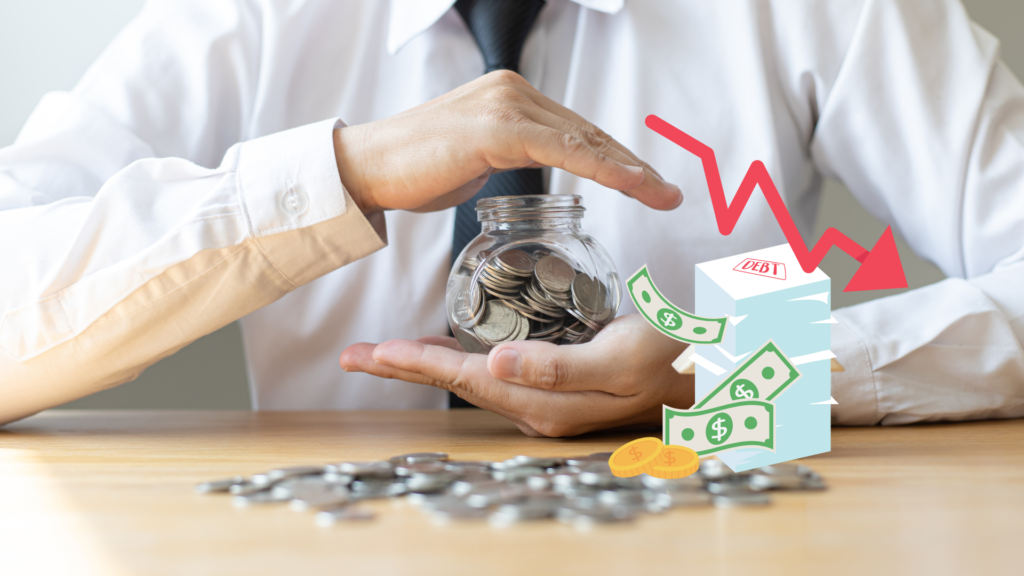
Increase Your Income with Side Gigs or Freelancing
When you find yourself in a tight corner financially, what you should do would be to look out for any increase in the money you bring because of side businesses or freelance work. That additional income would soon put your debts behind without affecting your lifestyle so much. Places to look for include:
- Freelancing: Basically, advertise your services online at platforms like Fiverr or Upwork in anything creative like writing, graphics designing arts, or social media management.
- Gig Economy Jobs: Drive Uber, Lyft, or pickup. DoorDash or Task-rabbit delivers food to homes by just collecting pieces of cash on-demand.
- Part-Time Jobs: Get a part-time gig to earn extra income that helps clear debts.
All or most of your newfound income, going to debt retirement, can help you drop balances much faster than solely relying on standard income.
Automate Payments to Avoid Missed Due Dates
One of the major roles in the reduction of debts is the timely and regular payment of debts. An overdue payment will be crushed by late fees and increased interest rates which make it harder for you to pay off your debts. Automate your debt payments:
- Set up automatic payments: These days, most lenders and credit card companies do allow their customers to set up automatic payments directly from their checking accounts.
- Choose a payment date: Align your payment due dates with your payday to ensure you always have enough money to cover them.
- Pay more than the minimum: Pay more than the minimum due whenever possible and automate the payments to speed up the decrease of your balance.
Automating payments helps you avoid due dates so that you also are keeping the debt from becoming an avalanche in terms of problems.
Use Windfalls and Bonuses Wisely
Sudden windfalls-such as tax refunds, bonuses from work, or legacies-may stand as the decisive factor between paying off one’s debts or not. Rather than wasting the money on luxuries, keep it for paying off debt faster. Here’s how to go about it:
- Apply your tax refund to high-interest debt: This can greatly reduce the amount you eventually pay toward interest.
- Put bonuses toward credit card balances: Use any leftover work bonus straight to pay down debts faster.
- Use inheritance money wisely: A financial inheritance may well involve paying off either all or part of the debt.
Doing so will greatly amplify your debt repayment activities, making this available through windfalls or surprise bonuses.
Avoid Taking On New Debt
It is the last stage in accelerated debt elimination- to steer clear of new debt. Acquiring new debts while settling old ones will only prolong your predominant purpose and ruin its chances of success. Below are some tips to avoid new debts:
- Use cash or debit for purchases: Avoid spending through loans or credit cards.
- Avoid opening new credit accounts: Do not apply for a new credit card or loan unless necessary.
- Mind your spending: Stick to your plan and temper any impulse buying that could lead you back into debt.
The most important aspect of focusing on your repayment plan is to learn how to say no to new debts.
Final Thoughts on Strategies for Reducing Debt Faster
Debt repayment can be time-consuming, laborious, and a test of will. However, using the right strategies will accelerate your path toward a debt-free existence. Following these top 10 simple strategies to pay off debt, including high-interest debt prioritization, unnecessary expense reduction, income enhancement, and prevention of new debt, will land you in a good place for successful debt repayment.
Remember, no matter how small the step, reducing debt today is one giant leap toward financial independence tomorrow. Stay committed, be patient, and honor the distance you have traveled.
1. How do you define the ‘debt avalanche’ technique, and what does it do in terms of paying off your debt more quickly?
A: Prioritize each debt based on the interest rates charged, make the minimum payment on the other debts, and then use the remaining budget to pay that high-interest debt. The reason for focusing solely on high-interest debt at this point is to pay less total interest, making it easier to pay off the total debt faster and save money.
2. Can consolidating my debts help me pay them off quickly?
A: Yes, consolidation allows you to merge debts for lower interest rate payments; giving you one loan or credit line, which reduces interest costs and is much easier to manage and pay off quickly.
3. In what ways can boosting my earnings assist me in paying off debt more quickly, and what are some effective methods to achieve this?
A: The higher the salary you earn, the more money you can afford to spend on your debt repayment. Taking on a second job, freelancing, selling off furniture or clothing items you no longer need or asking for more money from your employer can all help you with that extra income. Even minor additional sources of income can potentially accelerate repayment.
4. Is it more beneficial to prioritize paying off smaller debts initially or to address larger debts that carry higher interest rates?
A: It all depends on your method of approach. To start with, one can consider the snowball effect where one concentrates on paying up smaller debts for some psychological momentum, or you can go with the avalanche method which recommends one to clear higher interest debts first in order to save on interest. Choose the method that best appeals to your nature of handling finances and inspires you towards motivation in carrying it through.

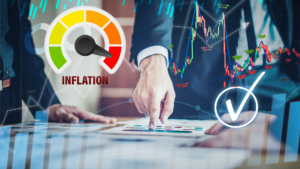
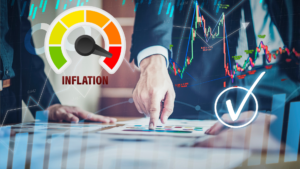
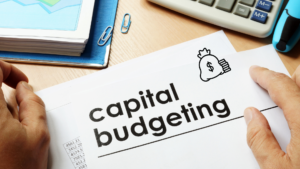


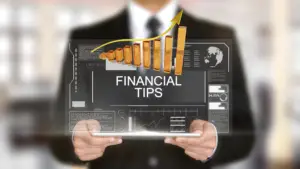
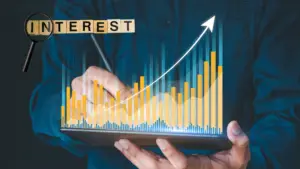
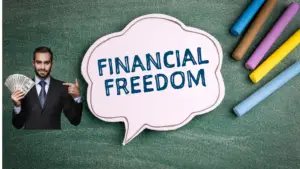
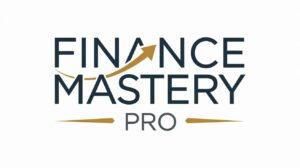
Great article! I really appreciate how you broke down the concept of Strategies for Reducing Debt Faster and tied it to financial freedom.
Thanks for your time spent on my article ! let me know if you are interested in any topic so that i can work on it
Sure. Thanks ! 🤝